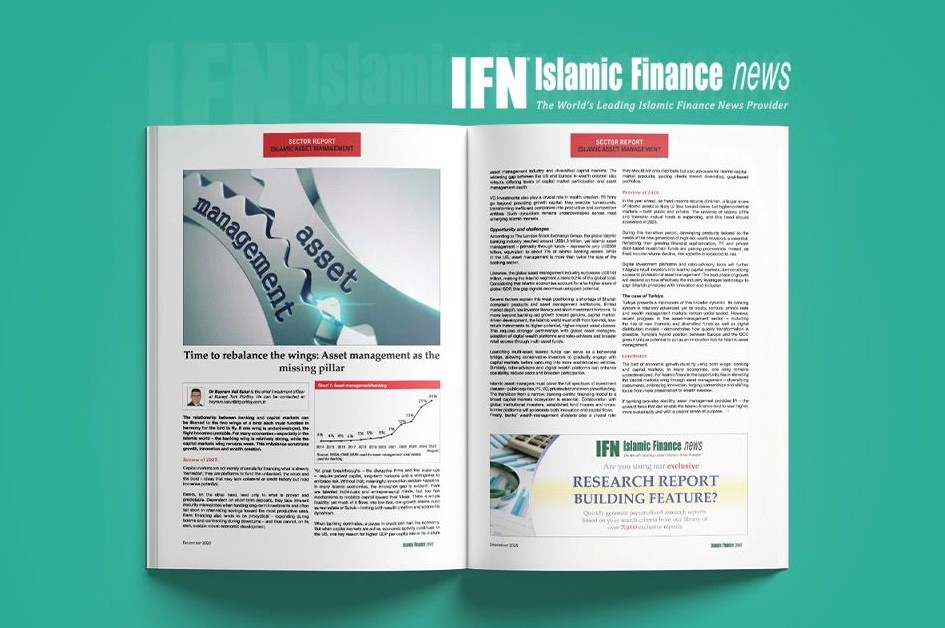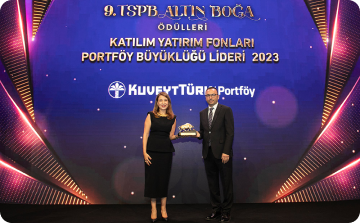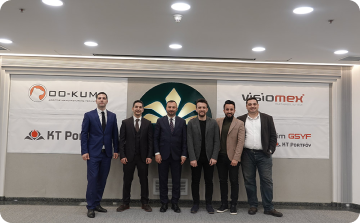
Too much Sukuk, too little stock? Rethinking Islamic investment choices
In the world of Islamic finance, Sukuk has long been the dominant instrument of choice. It is structured, asset-backed and resonates well with the preference for capital preservation. BAYRAM VELI SALUR finds out if this dominance limiting the potential of Islamic investments. While Sukuk may help preserve wealth, it is equities that create it. As the global financial landscape evolves, the time has come to reconsider the allocation bias within Islamic portfolios.
Why Sukuk dominates Islamic portfolios
Many Islamic countries have banking-driven financial systems, with capital markets remaining underdeveloped. In such environments, fixed-income-like instruments — particularly Sukuk —naturally find greater acceptance among institutions and retail investors alike. Sukuk are viewed as safer, more predictable, and often come with the implicit comfort of being government-backed. In contrast, equities are seen as volatile, harder to screen for Shariah compliance and less accessible.
Additionally, Islamic investors often operate within environments where product innovation in equities has lagged. Many jurisdictions have clear Sukuk frameworks but offer limited infrastructure for Islamic equity offerings. Investor education around equity risks and long-term value creation is also relatively limited.
Why Islamic portfolios need equities
Equities are central to long-term wealth creation. They represent ownership in real economic activity — entrepreneurship, innovation and value generation. From an Islamic perspective, participating in productive enterprises aligns closely with the principles of risk-sharing and economic justice.
Moreover, equities offer growth potential that fixed-income instruments simply cannot match. Over the long run, equity markets have outperformed Sukuk in terms of return. For instance, 10-year annualized return of S&P 500 Shariah Index is 13.18%, yet S&P GCC Sukuk Index's return is 3.11%. Equities also serve as a natural hedge against inflation, something increasingly relevant in today’s volatile macroeconomic environment.
In the age of impact and ESG investing, Islamic equities are well-positioned. The natural exclusions in Shariah compliant screening (such as alcohol, gambling, and interest-based finance) overlap significantly with ethical and sustainability-focused investing. This overlap presents an opportunity to appeal not just to Muslim investors, but also to ethically minded investors globally.
Chart 1: Cumulative returns of S&P 500 Shariah and S&P GCC Sukuk Index

Source: S&P Global
Barriers to Islamic equity participation
Several structural and behavioral barriers have held back Islamic equity participation. First, the fear of volatility and perceived risk deters many investors. Unlike Sukuk, equities do not promise stable cash flows, making them appear less attractive to conservative portfolios.
Second, the complexity of Shariah screening and purification processes can discourage participation. The requirement to filter out non-compliant income, manage sector limitations and periodically rebalance portfolios can seem daunting to average investors.
Third, product availability remains a challenge. Many Islamic fund managers focus on Sukuk or money market funds due to easier compliance and client familiarity. Equity fund offerings, especially thematic or actively managed Shariah compliant funds, are limited in number and scale.
Finally, trust and financial literacy also play a role. In many markets, retail investors have limited access to advisory services that integrate Islamic equity options. Where such services do exist, they may be costly or fragmented.
A practical example: Türkiye
Türkiye provides an illustrative case. A decade ago, the banking sector in Türkiye was roughly 20 times the size of the asset management industry. Today, that gap has narrowed to around 5 times. As the capital markets develop, equity investing is gaining traction.
To overcome the challenges of retail participation in model portfolios, some asset managers in Türkiye have launched risk-profiled multi-asset funds: cautious, balanced, dynamic, and aggressive. These funds are rebalanced by professional teams, allowing investors to enter and exit freely without managing asset allocation themselves. The funds' simplicity, daily NAV publication, and alignment with investors' risk preferences make them accessible vehicles for equity exposure.
What needs to change
For Islamic equities to take their rightful place in portfolios, a few shifts are necessary:
- Product innovation: More thematic, ESG-aligned and factor-based Islamic equity funds should be developed. These can range from halal tech ETFs to healthcare and infrastructure equity strategies.
Investor education: Financial literacy campaigns that explain equity investing from an Islamic perspective are crucial. - Advisory infrastructure: Digital wealth management platforms offering model portfolios with Shariah compliant rebalancing can bridge the access gap.
- Global collaboration: Partnerships between local and global asset managers can enhance product design and distribution.
Conclusion
It is time for the Islamic investment ecosystem to evolve. Sukuk has served its purpose well, preserving capital in a Shariah compliant manner. But to create long-term, generational wealth — and to truly align with Islamic economic principles — greater equity participation is essential.
By rebalancing the portfolio mix and overcoming structural limitations, the Islamic finance industry can move from a defensive to a generative investment mindset. In doing so, it will not only serve its current investors better but also attract a broader, more diverse global audience aligned with shared ethical values.
Bayram Veli Salur is the chief investment officer at Kuveyt Türk Asset Management.



